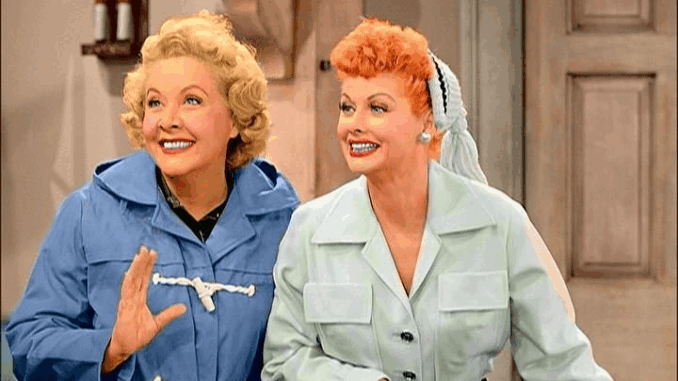
I Love Lucy stands as one of the most beloved and influential sitcoms in television history. Premiering in 1951, the show stars the incomparable Lucille Ball as Lucy Ricardo, a quirky and lovable housewife with big dreams and even bigger schemes. Alongside her husband Ricky, played by Desi Arnaz, Lucy’s hilarious antics continue to captivate audiences more than 70 years later.
What makes I Love Lucy truly timeless is its perfect blend of physical comedy, sharp wit, and relatable domestic scenarios. The show was a pioneer in many ways: it was one of the first to use a multi-camera setup filmed before a live studio audience, setting a new standard for sitcom production. The chemistry between Lucille Ball and Desi Arnaz, who were also married in real life, brought an authentic warmth and energy to the show.
Beyond laughs, I Love Lucy broke cultural barriers. It was groundbreaking for featuring an interracial marriage on television, inspiring future shows to explore diverse relationships. The show’s humor was universal, appealing to audiences across generations and backgrounds.
From iconic episodes like the chocolate factory scene to the hilarious grape-stomping sequence, I Love Lucy remains a treasure trove of comedy gold. Its legacy endures not only through reruns but also as a foundational influence on countless comedians and TV writers.
In sum, I Love Lucy is more than a sitcom; it’s a cultural landmark that reminds us laughter truly is the best medicine.
